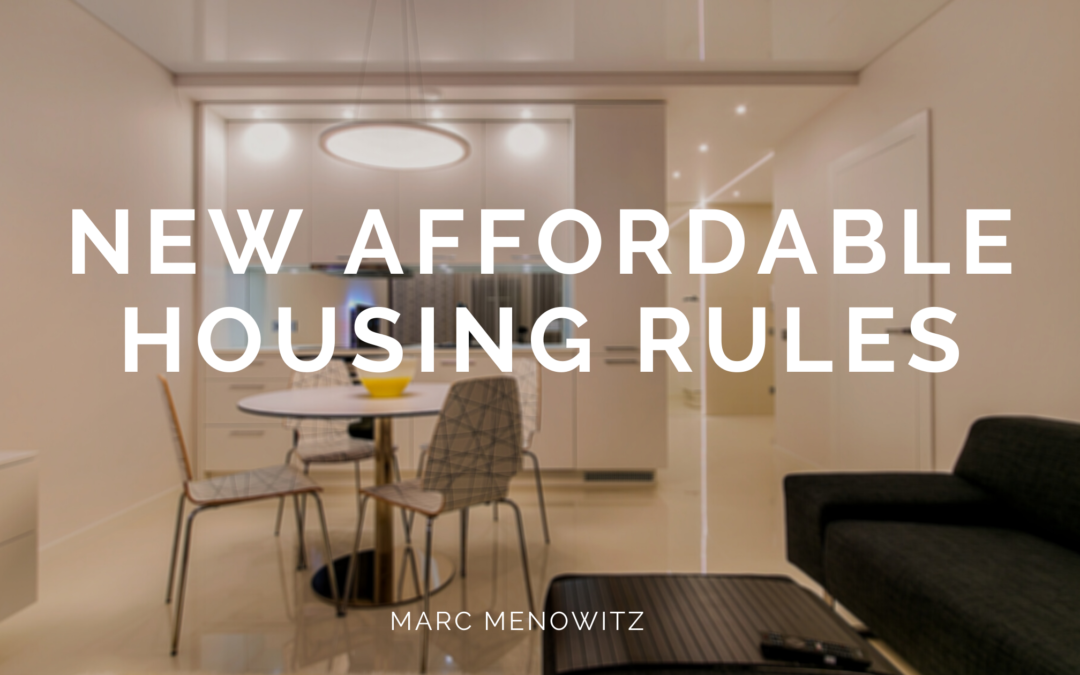The world of affordable housing can be a complex one. There are many rules and regulations that one must be familiar with when working in the world of affordable housing. Although, some people are advocating for a drastic change in these rules. The proposed change would switch from a voluntary to a mandatory approach to affordable housing.
Results from recent surveys have revealed that a majority of stakeholders would prefer to have mandatory affordable housing requirements that are consistent across the board. What is the motivation for change?
Affordable housing is a lengthy process. Even once the idea is agreed on, seeing the vision come to life can take years. While the process happens, there are often shifts in leadership that lead to changes in policy. Individuals and organizations alike are advocating for consistency in this process.
Another cause of inconsistency is the lack of trust in the industry. This lack of trust means that deals are constantly changing. Specifically, people feel like developers manipulate information and use it unfairly during negotiations. Developers feel this way about councils too. This creates a circle of distrust in the industry that can have a negative impact on negotiations.
The voluntary negations that are in place now mean that each project operates on a case-by-case basis. This means that there are different affordable housing expectations for each project which can create tension when the rules are different for everyone. Advocates for a consistent rate argue that this would create an even playing ground and increase consistency across the affordable housing market.
The United States is different from the rest of the world that mandates affordable housing contributions. These contributions are set at certain rates that are established ahead of time in the developer’s initial feasibility analysis. Some countries base these numbers on financial support from the government. Regardless of the basis for the numbers, they stay consistent across the board.
When individuals in the industry were surveyed, this method was preferred to the case-by-case or voluntary method. The mandated method creates transparency and consistency in the world of affordable housing. It essentially takes the guessing out of the process and eliminates the need to wonder why some organizations get better deals than others.
